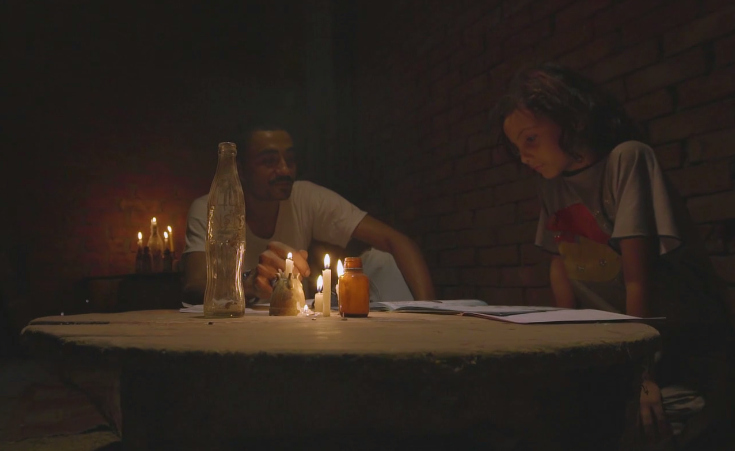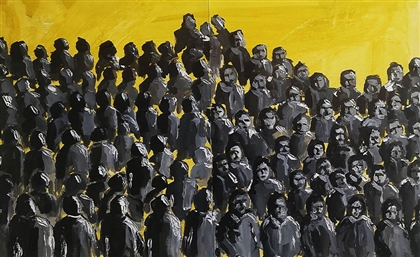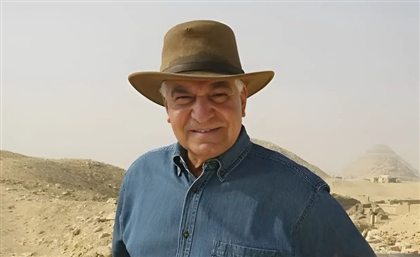This Heartwarming Short Film Depicts the Struggles of Working Class Egyptian Dads
Directed by Brandon Bray, short film 'Love,Dad' follows a working-class Egyptian father and his daughter in the sub-city of Zabbaleen.

Every morning, millions of blue-collar Egyptian fathers go to work in the hopes of providing their children with education, and subsequently, a better life. It's seen in the sweat rolling off the creases of their faces and in the words they use to express their struggle with the price surges as they try to maintain a home and feed hungry mouths.
These same dads differ from one area to the other; in the neighbourhood of Zabbaleen, which literally translates to ‘garbage people,’ residents have been running businesses of sorting garbage, and that process involves the youngest children to the eldest resident. Love, Dad, a movie released on Vimeo recently, has been gaining traction as it beautifully portrays the sacrifices and struggles these working class men, who work in the Zabbaleen neighbourhood, make for their children. The director of the film, Brandon Bray, was inspired by Mama Maggie, an Egyptian woman who started a small school in the area to educate the children, who were not going to school. While many parents hesitated, and thought of it as a blow to their family-run businesses, Bray says, “a few brave parents took a risk - and put their kids in school.” The very real scenario prompted Bray to beautifully translate the circumstances into art – a heartwarming and chilling film, that follows a noble father's day in and day out life, and his young daughter.
The Zabbaleen neighbourhood workers are estimated to recycle up to 80 percent of the garbage they collect from all around Cairo, while worldwide, it is also estimated that most garbage companies recycle up to 20-25 percent. It makes sense, then, that the whole family is expected to play a role in the laborious process of recycling. However, what is seen in the film is a man who seems to work twice as hard, to secure his daughter's education. Eventually, we see the girl as a medical student in America. With captivating imagery, we are sent into a flashback to see the father teaching his daughter the alphabet on a low table with no electricity, to him writing her a letter in the same setting, years later – as she moves forward in life, with his support shifting from financial to emotional.
The film, if anything makes us believe in the difficult unseen choices a lot of Egyptian labourers have to make in terms of putting their children through school or taking them to work with them to generate more income for the household. The superdad in the film, like many fathers, represents a male population in Egypt who believe in the right of their daughters' education, independence, and success.
Trending This Week
-
Mar 29, 2025























